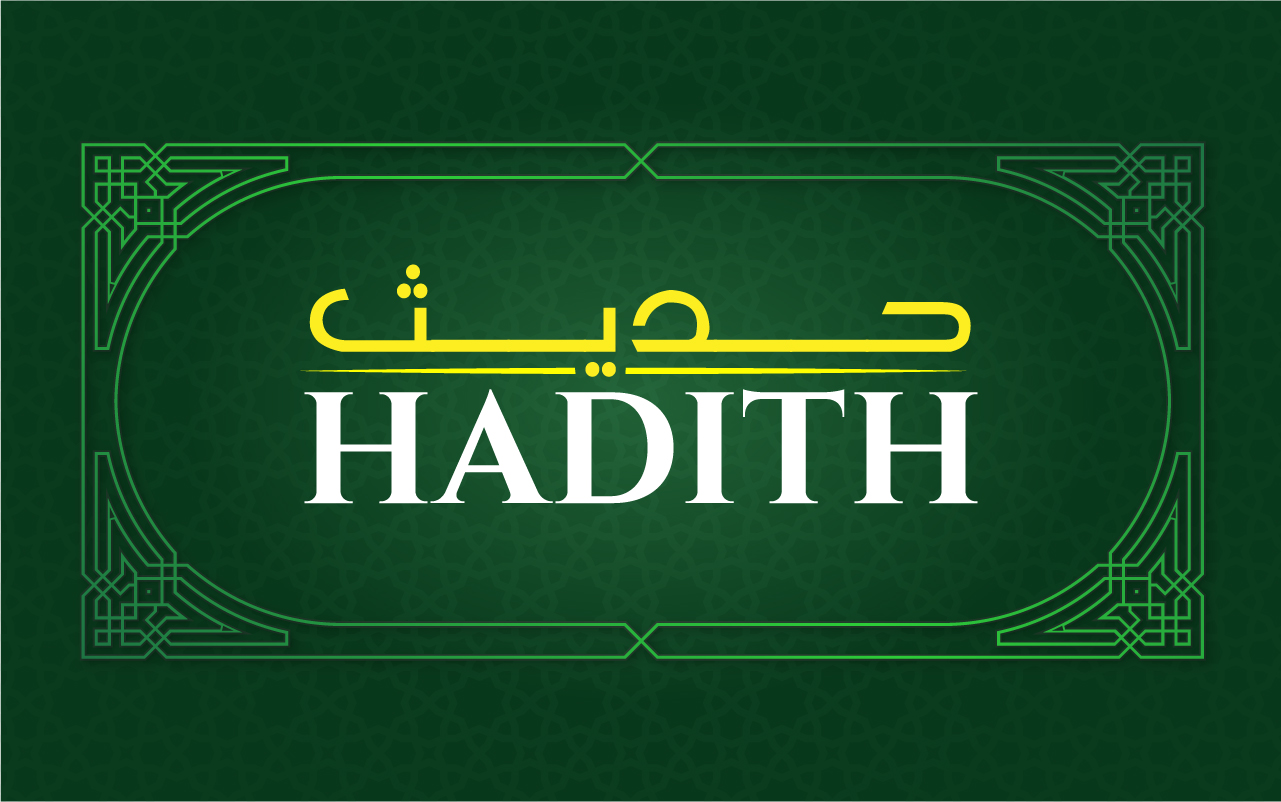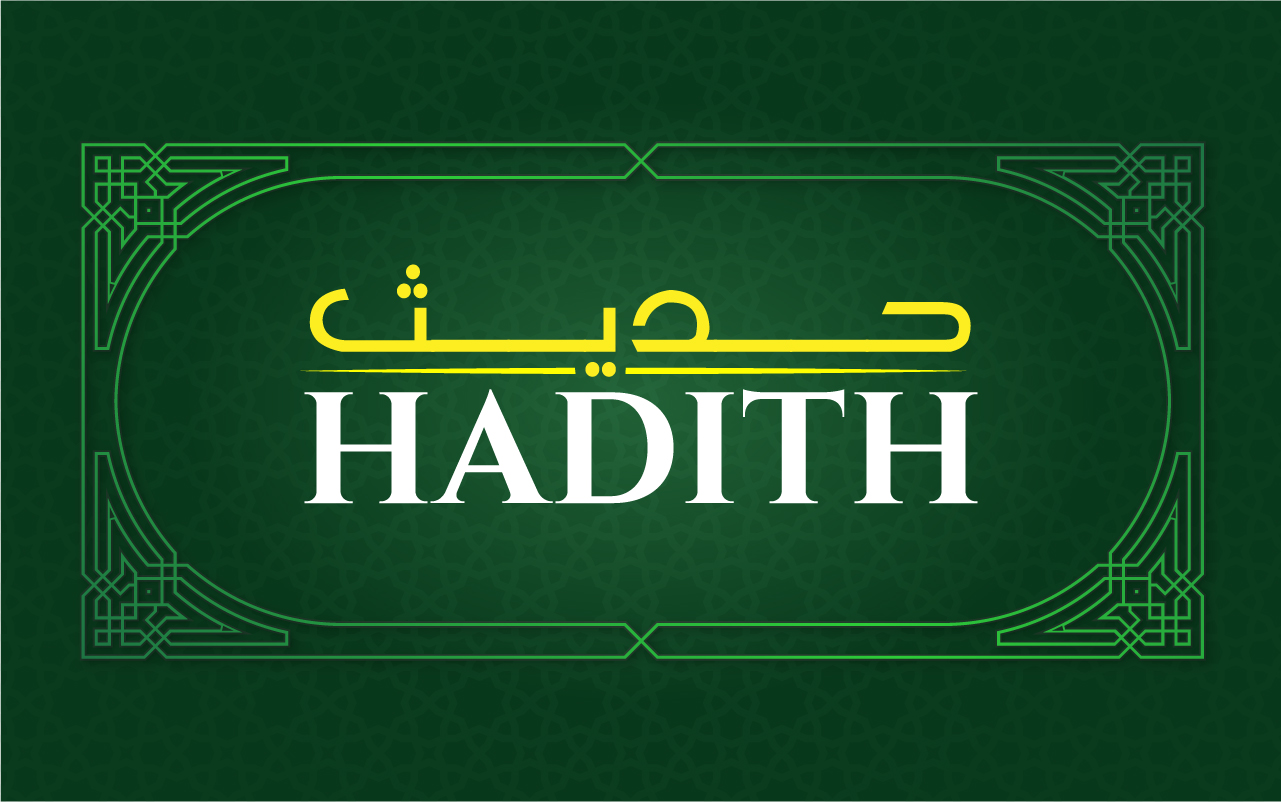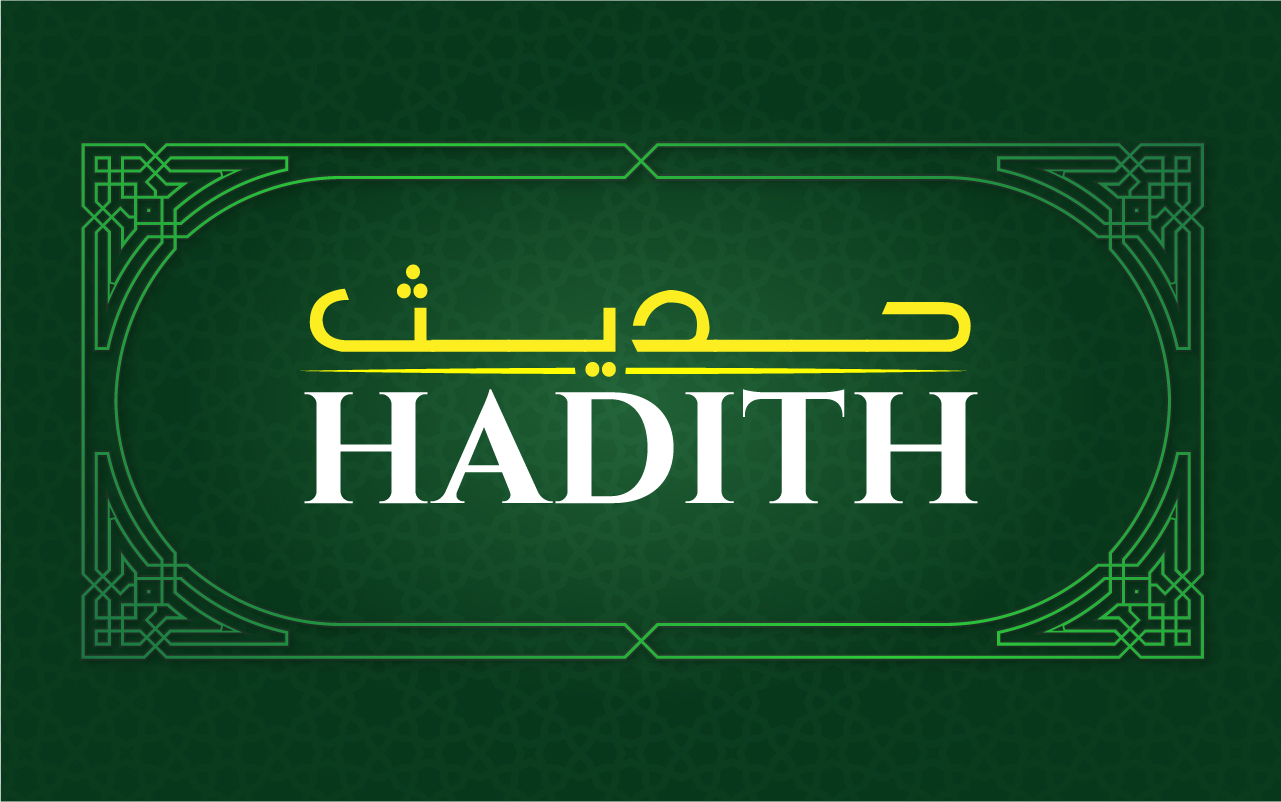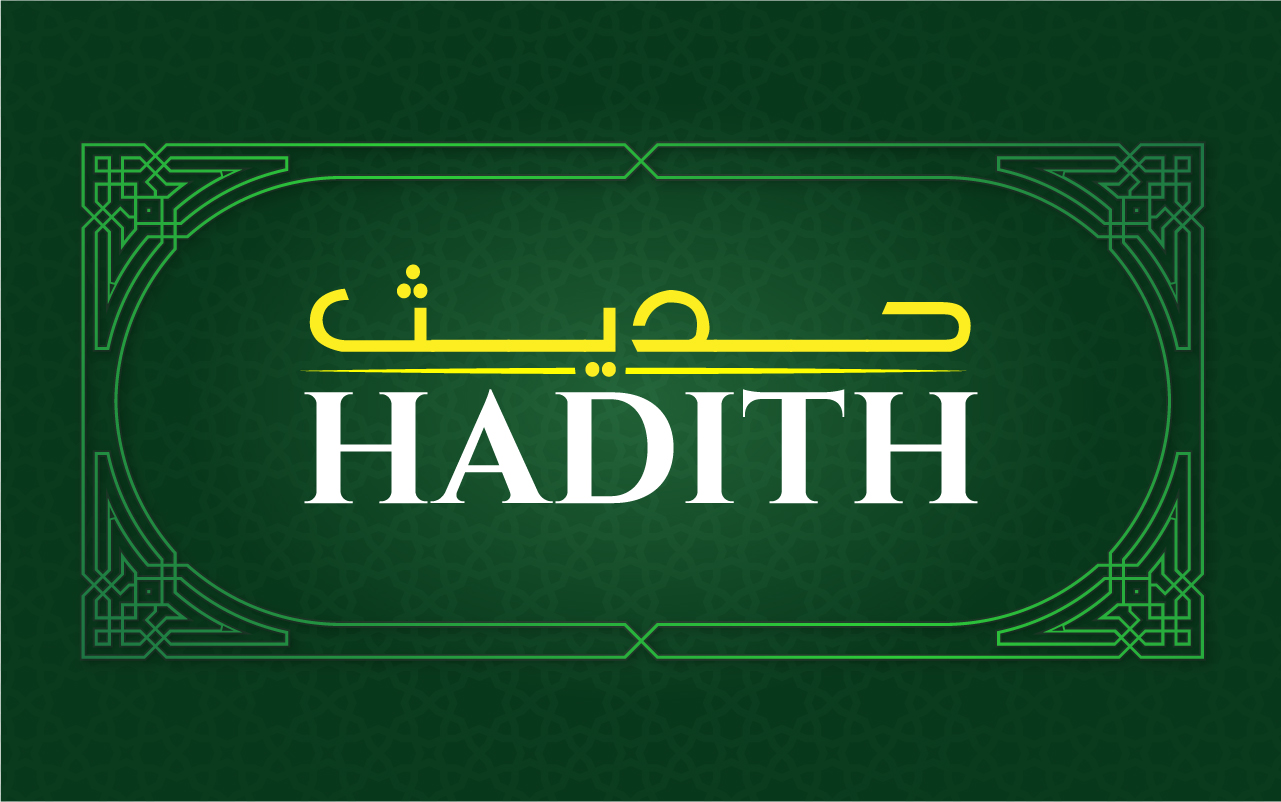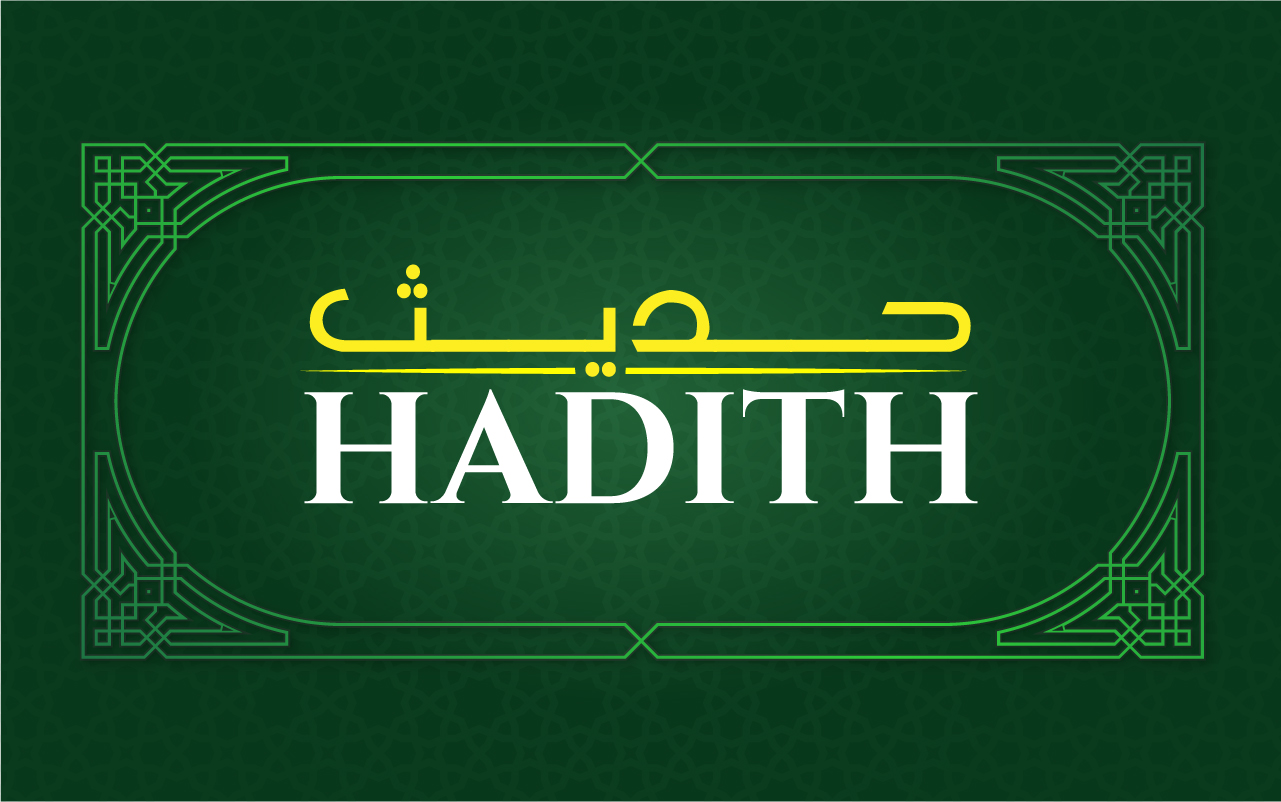What is the difference between the Quran and Hadith?
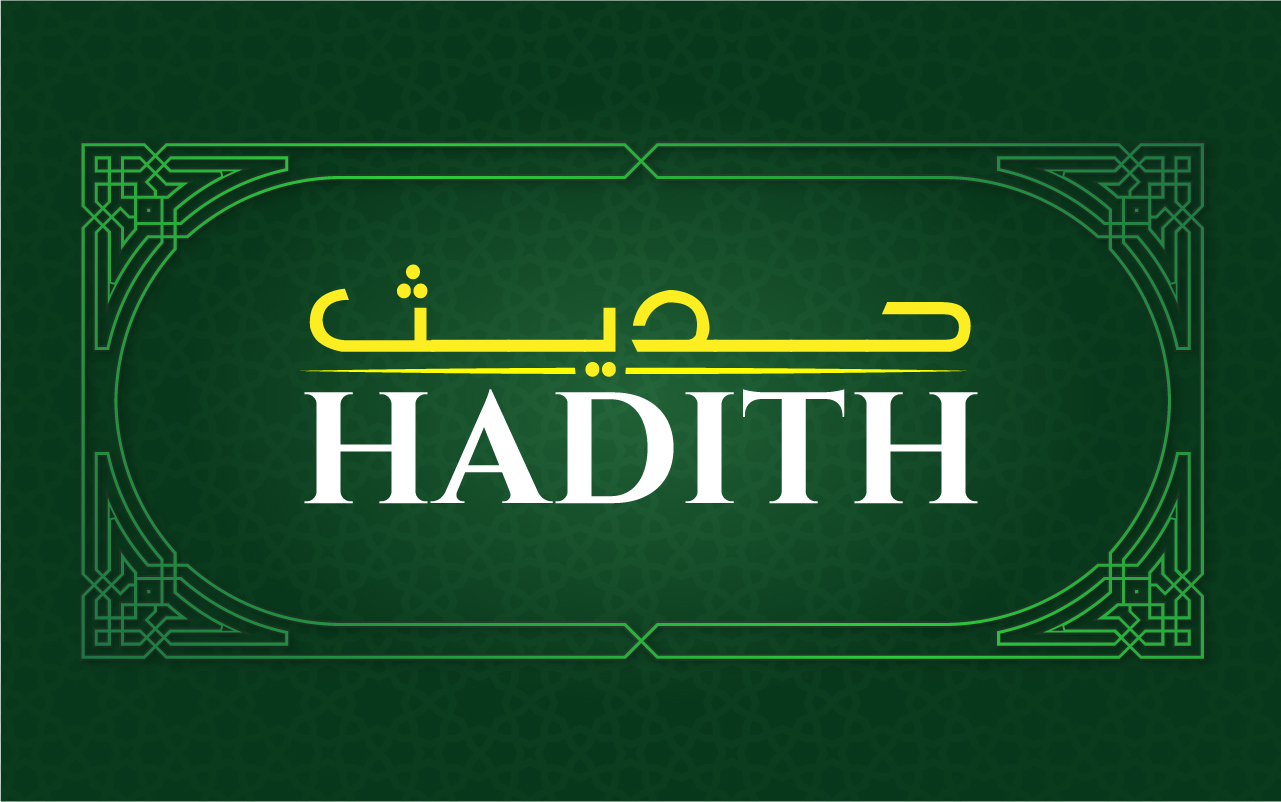
What Is the Difference Between the Quran and Hadith?
The Quran and the Hadith are two foundational sources of guidance in Islam, but they are distinct in nature, origin, and role. Understanding the difference between them helps Muslims follow Islamic teachings correctly and appreciate how the religion guides belief, law, and daily life.
What is the Quran?
The Quran is the holy book of Islam, believed to be the literal word of Allah (God) revealed to the Prophet Muhammad ﷺ through the Angel Jibril (Gabriel) over a period of 23 years. It includes guidance on belief, morality, worship, law, and personal conduct.
Muslims regard the Quran as the ultimate and unchangeable source of truth. Its original Arabic text is considered sacred, and translations are seen as interpretations of its meanings rather than the Quran itself.
What is Hadith?
The Hadith refers to recorded sayings, actions, and approvals of the Prophet Muhammad ﷺ. Unlike the Quran, which is divine revelation, Hadith collections consist of reports transmitted by the Prophet’s companions and later compiled by scholars.
Hadith literature helps Muslims understand how the Prophet ﷺ implemented the teachings of the Quran in practical life, covering matters of worship, ethics, social interactions, and jurisprudence.
Key Differences Between the Quran and Hadith
Divine Origin
-
Quran: Direct word of Allah revealed to Prophet Muhammad ﷺ.
-
Hadith: Reports of the Prophet’s ﷺ words and actions—valuable guidance but not the verbatim word of Allah.
Authority
-
Quran: Supreme authority in Islam.
-
Hadith: Complementary but secondary source; explains and illustrates Quranic teachings.
Preservation
-
Quran: Meticulously preserved since the Prophet’s ﷺ time; memorised and written down during his lifetime.
-
Hadith: Collected and authenticated later, and classified by scholars for reliability (e.g., sahih, hasan, da‘if).
Scope
-
Quran: Broad, foundational guidance on faith, law, and ethics.
-
Hadith: Practical examples of the Prophet’s ﷺ life used to interpret and apply Quranic principles.
Use in Worship
-
Quran: Recited in daily prayers and liturgical acts.
-
Hadith: Not recited as part of prayer but used to understand how acts of worship are performed.
How They Work Together
The Quran provides core principles, while the Hadith provides context and detail for applying those principles.
For example, the Quran tells Muslims to pray, and the Hadith explain the method and timings of prayer in detail. This cooperative relationship ensures Muslims not only know what to do, but how to do it.
Internal Context and Further Learning
If you want to understand how Islam guides daily life beyond scripture, consider these related topics:
Common Misunderstandings
“Do Muslims follow Hadith instead of the Quran?”
No. The Quran remains supreme. Hadith are followed only when they align with the Quran and have been validated using scholarly methods.
“Can Hadith change the Quran?”
No. Hadith do not alter the meaning of the Quran. They clarify, illustrate, and contextualise what the Quran teaches.
Conclusion
The Quran and the Hadith are both central to Islamic belief and practice, but they serve distinct roles:
-
The Quran is the verbatim word of Allah.
-
The Hadith are reports of the Prophet Muhammad’s ﷺ words and actions, helping Muslims understand how to live by Quranic teachings.
Together, they provide a complete picture of Islamic guidance, with the Quran as the foundation and the Hadith as the practical framework for implementation.
Frequently Asked Questions About the Quran and Hadith
Is the Quran more important than Hadith?
Yes. The Quran is considered the primary and highest source of authority in Islam, as it is believed to be the direct word of God. Hadith are secondary sources that help explain and apply the teachings of the Quran but do not override it.
Why do Muslims need Hadith if they have the Quran?
The Quran provides core beliefs and principles, while Hadith explain how those teachings are practiced in daily life. For example, the Quran commands prayer, but Hadith describe how to pray, when to pray, and what actions are involved.
Are all Hadith considered authentic?
No. Hadith are classified by scholars based on their reliability and chain of narration. Some are considered authentic, while others are weak or rejected. This is why Hadith scholarship is an important field within Islamic studies.
Can a Hadith contradict the Quran?
No. A Hadith that contradicts the Quran is not accepted. The Quran remains the final authority, and Hadith are only followed when they are consistent with its teachings.
Is the Quran recited in worship but not Hadith?
Yes. The Quran is recited during formal prayers and acts of worship. Hadith are not recited as worship but are used for learning, guidance, and understanding religious practice.
Did the Prophet Muhammad write the Hadith himself?
No. The Prophet’s sayings and actions were remembered and transmitted by his companions. These reports were later collected and compiled into Hadith collections by scholars.
Do all Muslims follow the same Hadith collections?
While Muslims agree on the importance of Hadith, different schools of thought may rely on different collections or interpretations. However, the Quran is universally accepted by all Muslims.
Can someone follow Islam using only the Quran?
The Quran is central to Islam, but historically and practically, Muslims have relied on Hadith to understand how to apply Quranic teachings. Without Hadith, many aspects of religious practice would lack clarity.

